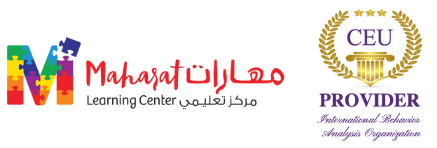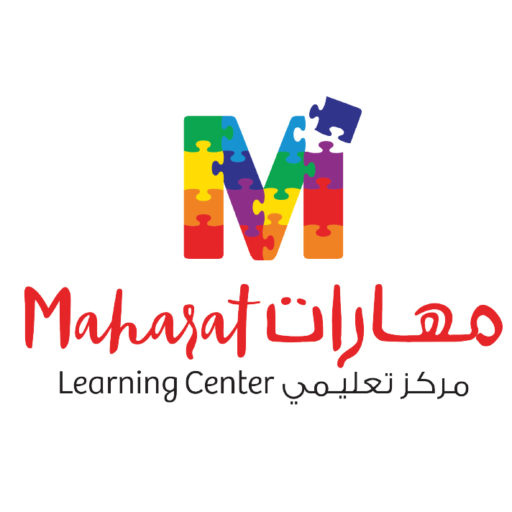
At Maharat, we recognize the importance of teaching children the life skills they need to work, socialize, stay safe, care for their own needs, and live self-sufficient lives. We understand that every individual has unique talents, interests, and goals. That is why we provide innovative, individualized training tailored to each student’s specific needs. Using applied behaviour analysis approaches, we focus on the most effective techniques to help each child reach their highest level of independence.








